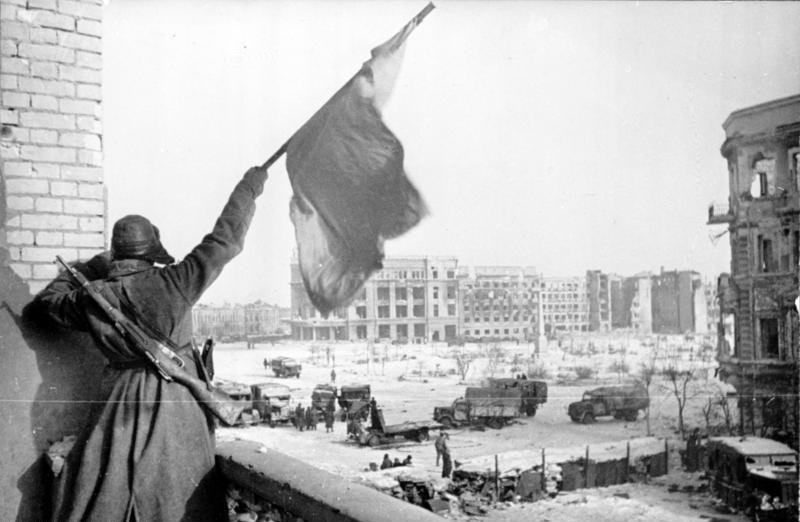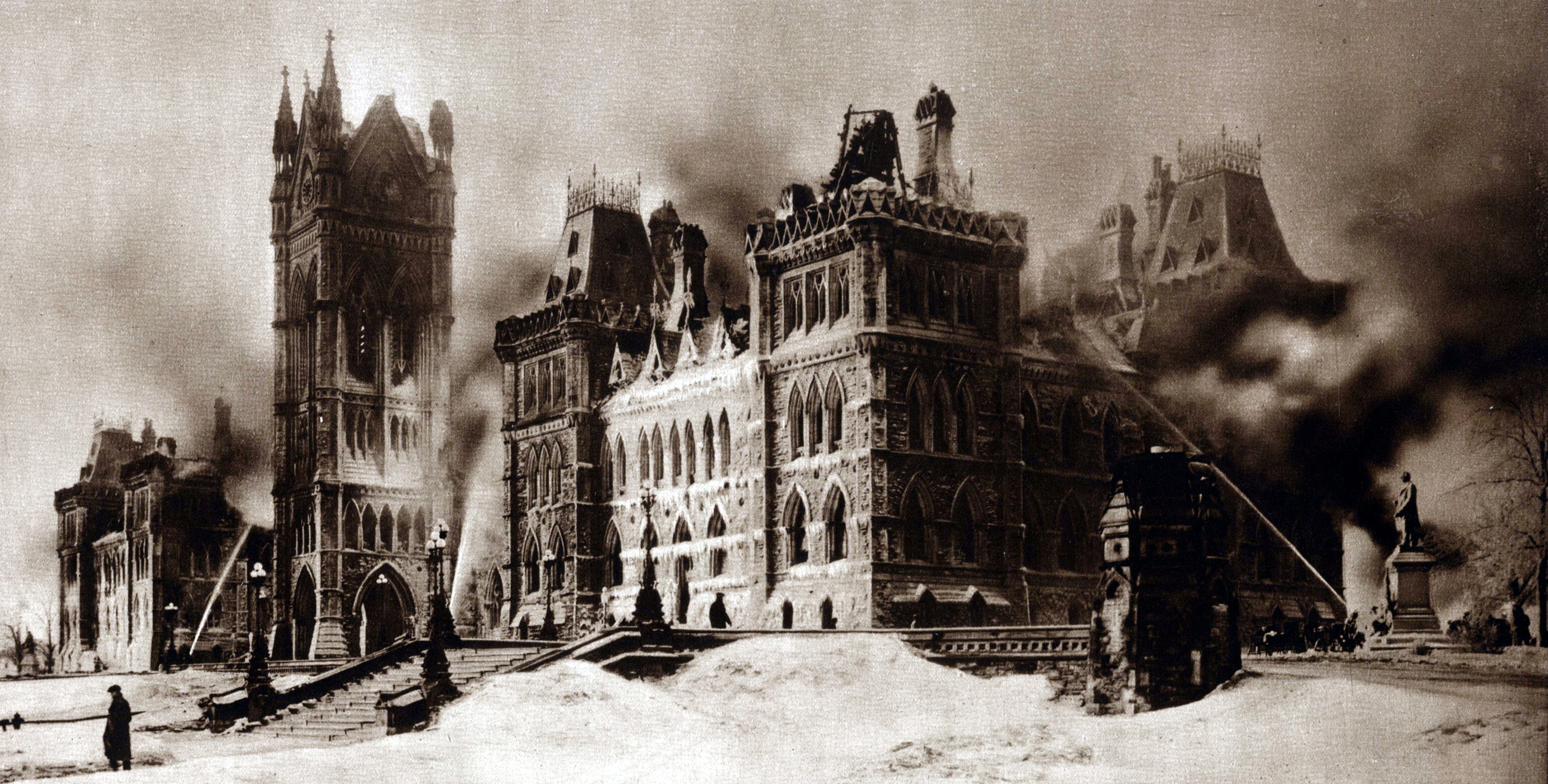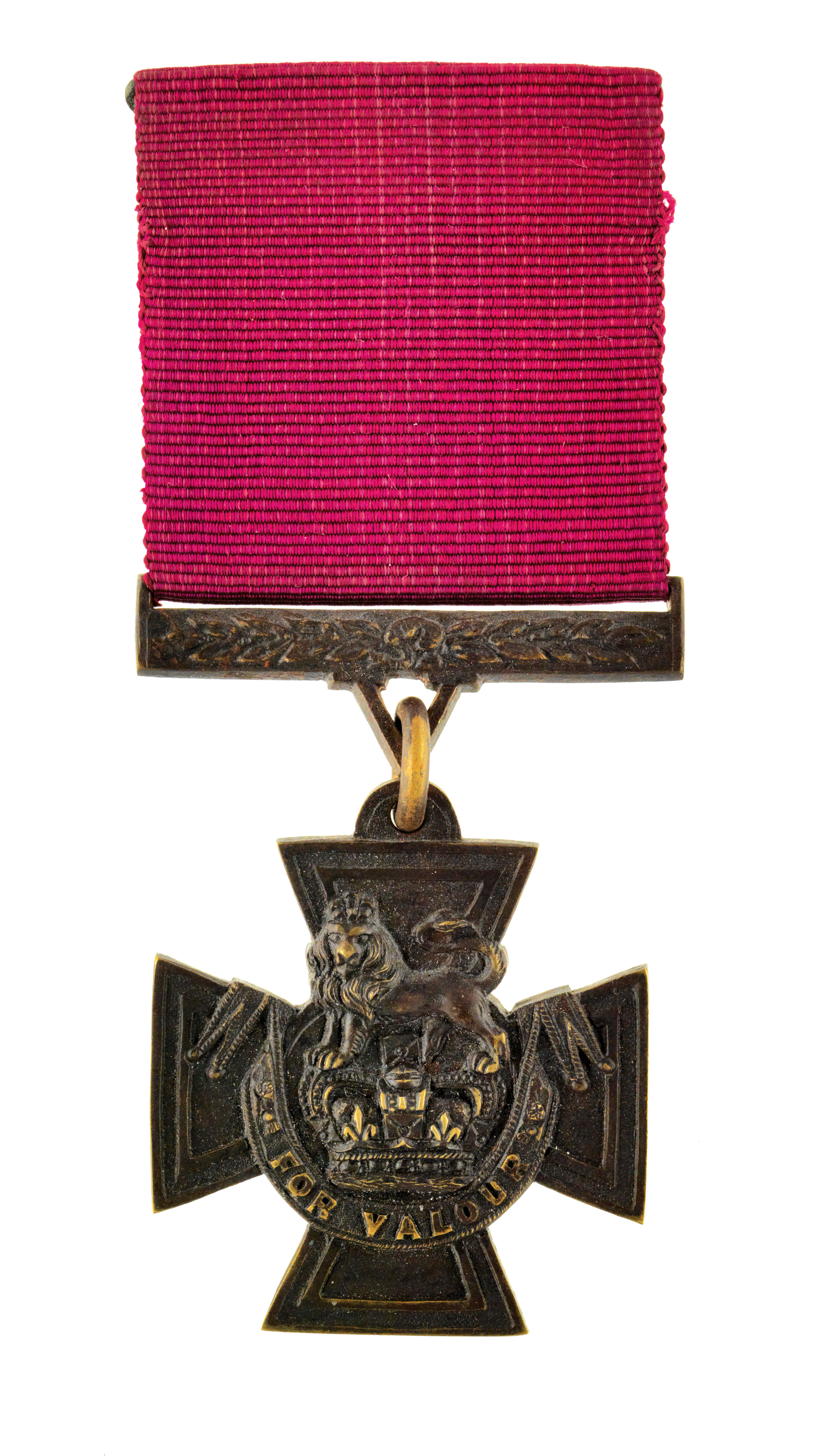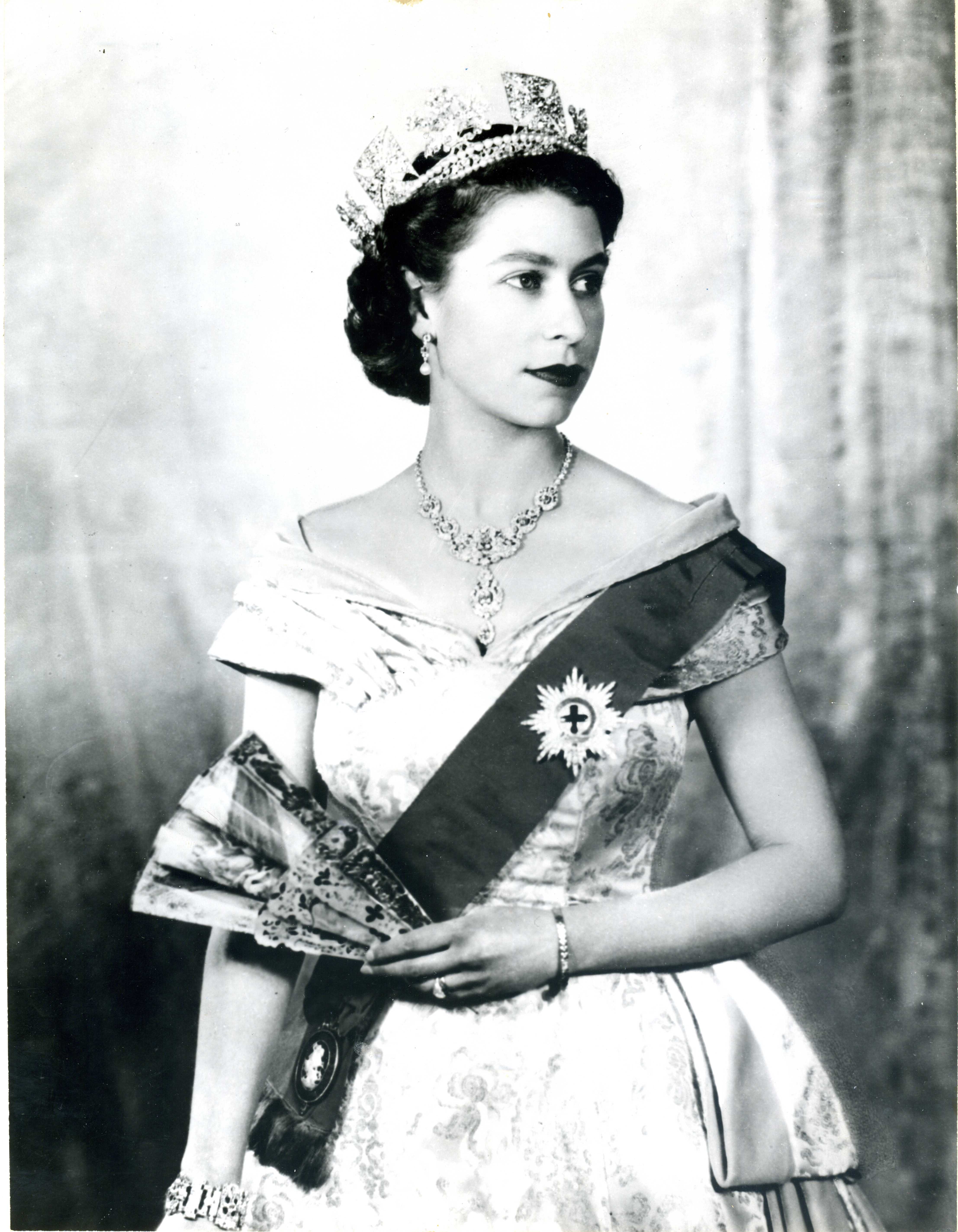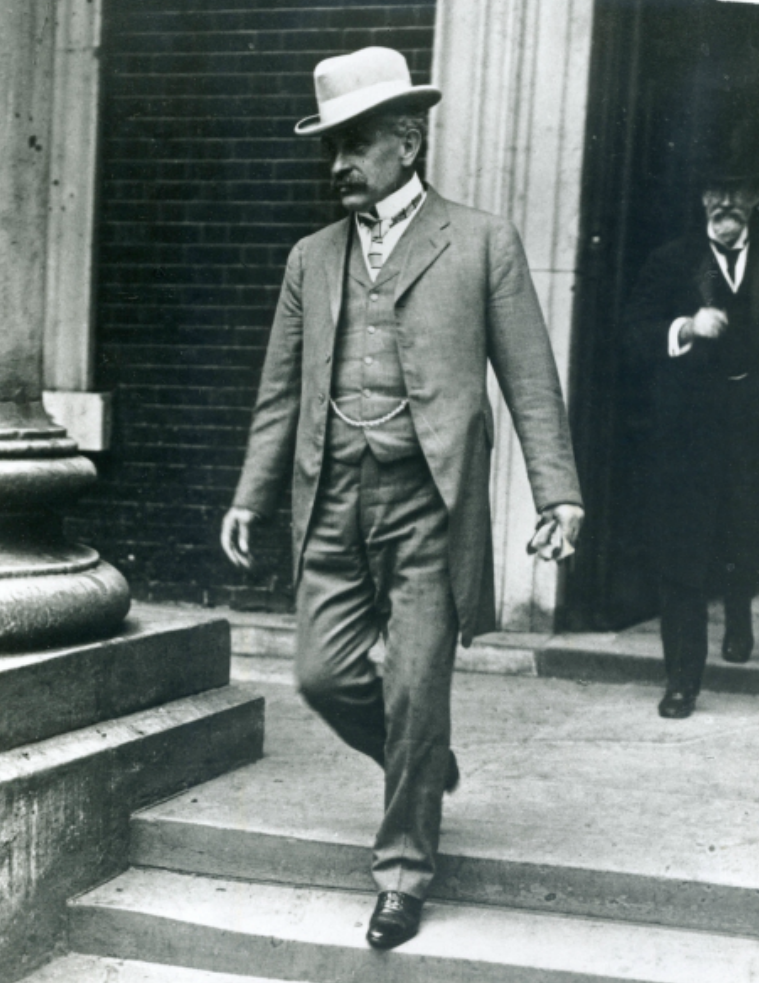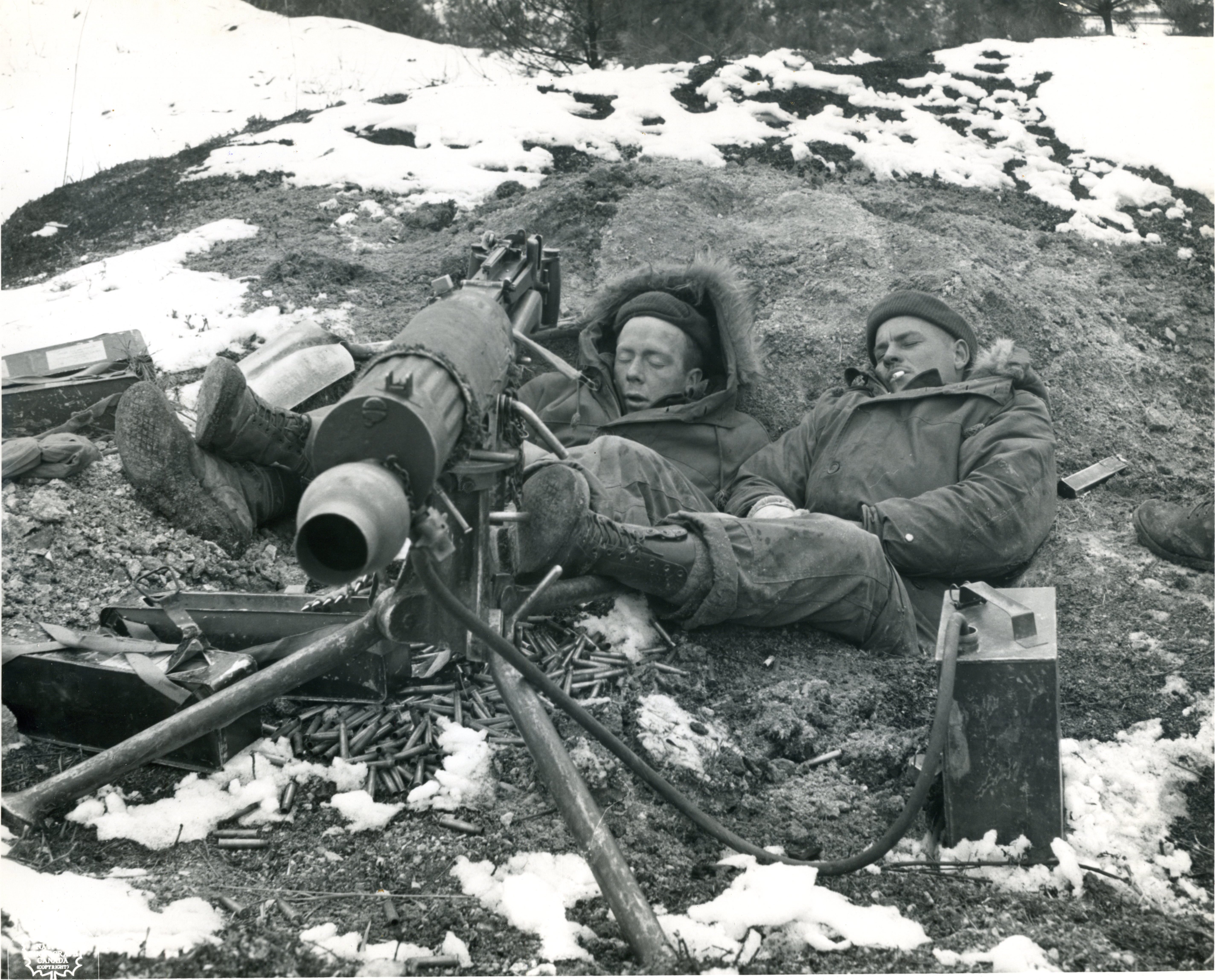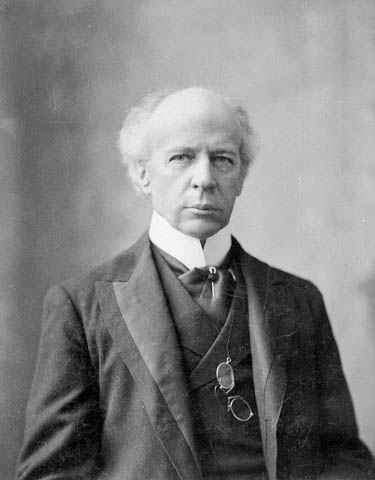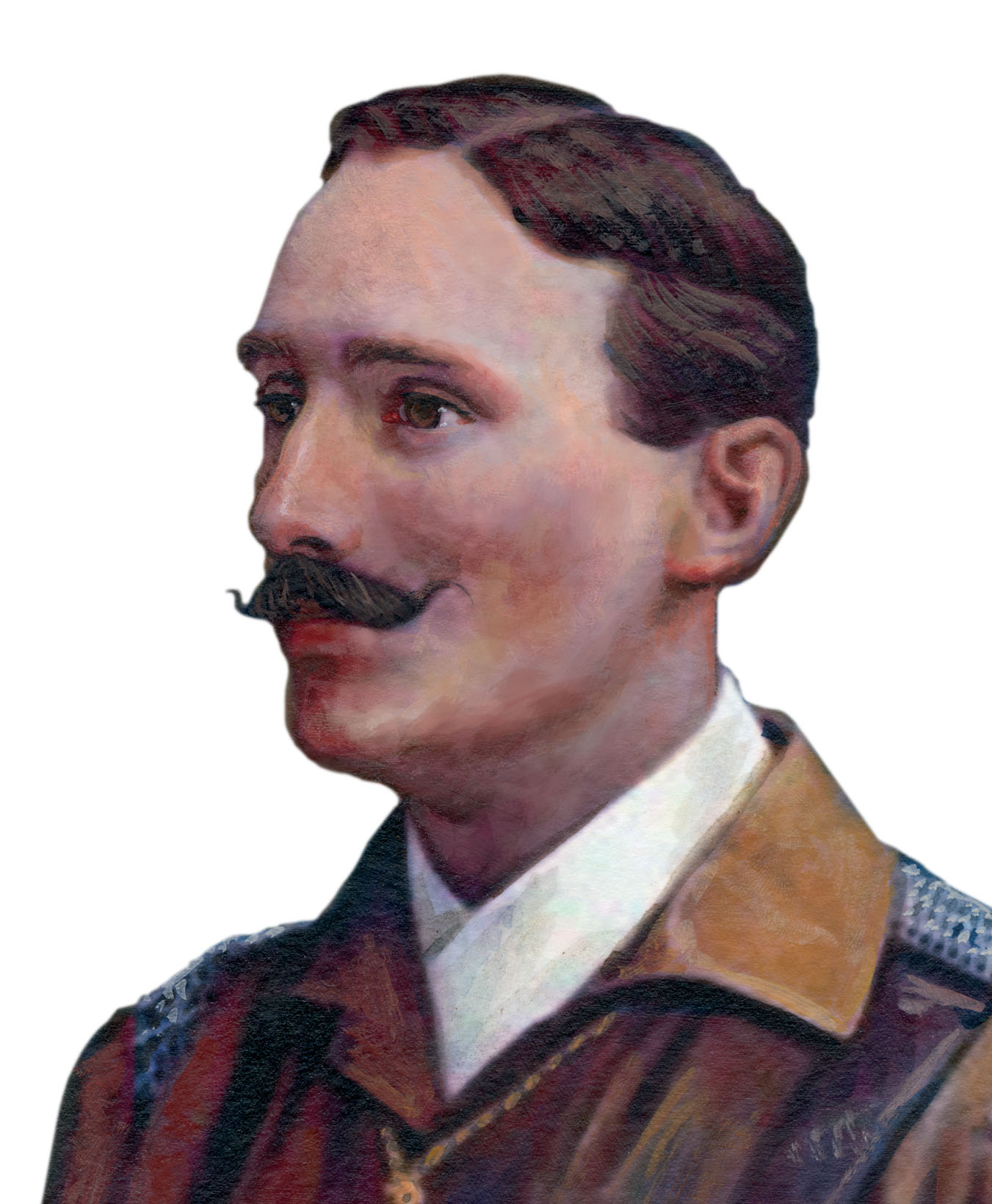1 FEBRUARY 1944
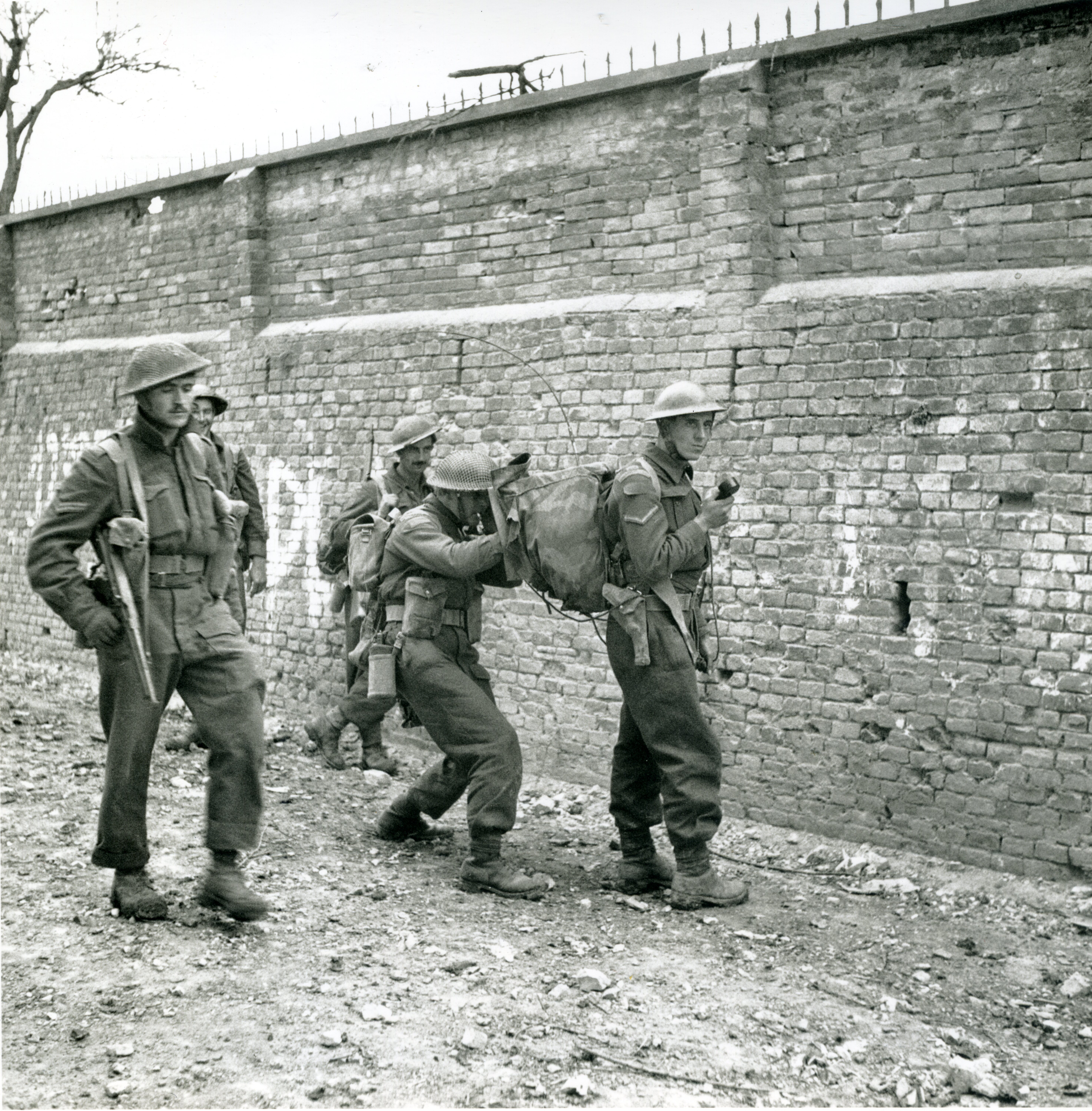
Infantrymen of The Loyal Edmonton Regiment using a walkie-talkie radio during an advance, Ortona, Italy, 21 December 1943. Private W.L. Waske operates the radio, which is carried by Lance-Corporal W.D. Smith.
For the first time since the First World War, a Canadian Corps operates in the front line, in Italy.
2 FEBRUARY 1943
The German 6th Army surrenders at Stalingrad.
3 FEBRUARY 1916
The Parliament Buildings in Ottawa are destroyed by fire.
4 FEBRUARY 1915
Lieut. William Frederick Nelson Sharpe is the first Canadian military aviator killed in the First World War.
5 FEBRUARY 1856
The Victoria Cross, the Commonwealth’s highest award for military bravery, is instituted.
6 FEBRUARY 1952
King George VI dies. His daughter Elizabeth becomes queen.
7 FEBRUARY 1964
The RCAF Golden Hawks aerobatic flying team is disbanded.
8 FEBRUARY 1943
HMCS Regina sinks the Italian sub Avorio north of Algeria.
9 FEBRUARY 1945
The Allies lose 10 aircraft while attacking a German destroyer and escorts holed up in a Norwegian fiord.
10 FEBRUARY 1870
The constitution is approved for Louis Riel’s provisional government, in what is soon to become Manitoba.
11 FEBRUARY 1944
A Canadian Wellington aircraft uses depth charges to sink a U-boat southwest of the Faroe Islands in the North Atlantic.
12 FEBRUARY 1917
Prime Minister Robert Borden leaves Ottawa for London, where the Imperial War Cabinet meets to discuss terms for peace and peacetime challenges.
13 FEBRUARY 1969
The Front de libération du Québec bombs the Montreal Stock Exchange, injuring 27.
14 FEBRUARY 1945
Spilled fuel starts a conflagration in the port at Ostend, Belgium, burning 12 vessels and killing 61 Canadian and British sailors.
15 FEBRUARY 1901
The Queen’s South Africa Medal is presented to 418 stalwarts of Lord Strathcona’s Horse regiment.
16 FEBRUARY 1945
HMCS Saint John uses depth charges to sink U-309 in the North Sea near Moray Firth.
17 FEBRUARY 1939
The RCAF takes possession of its first Hawker Siddeley Hurricane fighters.
18 FEBRUARY 1980
An election returns Pierre Trudeau’s Liberals to power and Joe Clark’s Conservatives to opposition.
19 FEBRUARY 1942
Winnipeg unconditionally surrenders during a simulated Nazi invasion that brings the reality of war “over there” home on If Day.
20 FEBRUARY 1989
A Canadian Human Rights Tribunal ruling removes barriers to women in military occupations, except in submarines.
21 FEBRUARY 1951
The Princess Patricia’s Canadian Light Infantry advances through snow and rain north of the village of Sangsok in Korea.
22 FEBRUARY 1919
Tens of thousands of mourners pay respects at the funeral of Wilfrid Laurier, Canada’s seventh—but first francophone—prime minister.
23 FEBRUARY 1900
Capt. Raymond de Montmorency, earlier awarded a Victoria Cross for driving off the enemy to aid a comrade, is killed in action in South Africa.
24 FEBRUARY 1925
Two RCAF aircraft collide at Camp Borden.
25 FEBRUARY 1942
The Royal Mail Ship Queen Elizabeth is refitted as a troopship capable of carrying 15,000.
26 FEBRUARY 1943
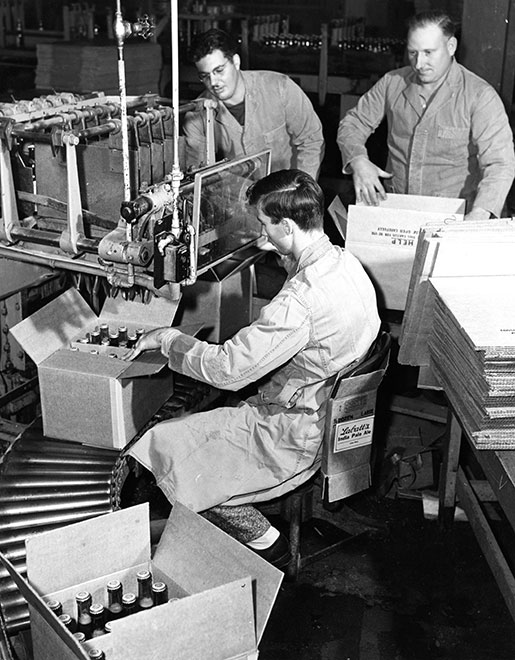
Beer is packaged during the Second World War. PHOTO: LABATT BREWING COMPANY COLLECTION, WESTERN ARCHIVES, WESTERN UNIVERSITY
Prime Minister Mackenzie King decides to nationalize the brewing industry—but a year later changes his mind rather than lose votes.
27-28 FEBRUARY 1915
The Princess Patricia’s Canadian Light Infantry carries out the first trench raid of the war, near Ypres, Belgium.
29 FEBRUARY 1916
U-boat commanders are ordered to sail for the British coast and treat all armed ships (including merchant, but not passenger ships) as war vessels.
Advertisement








